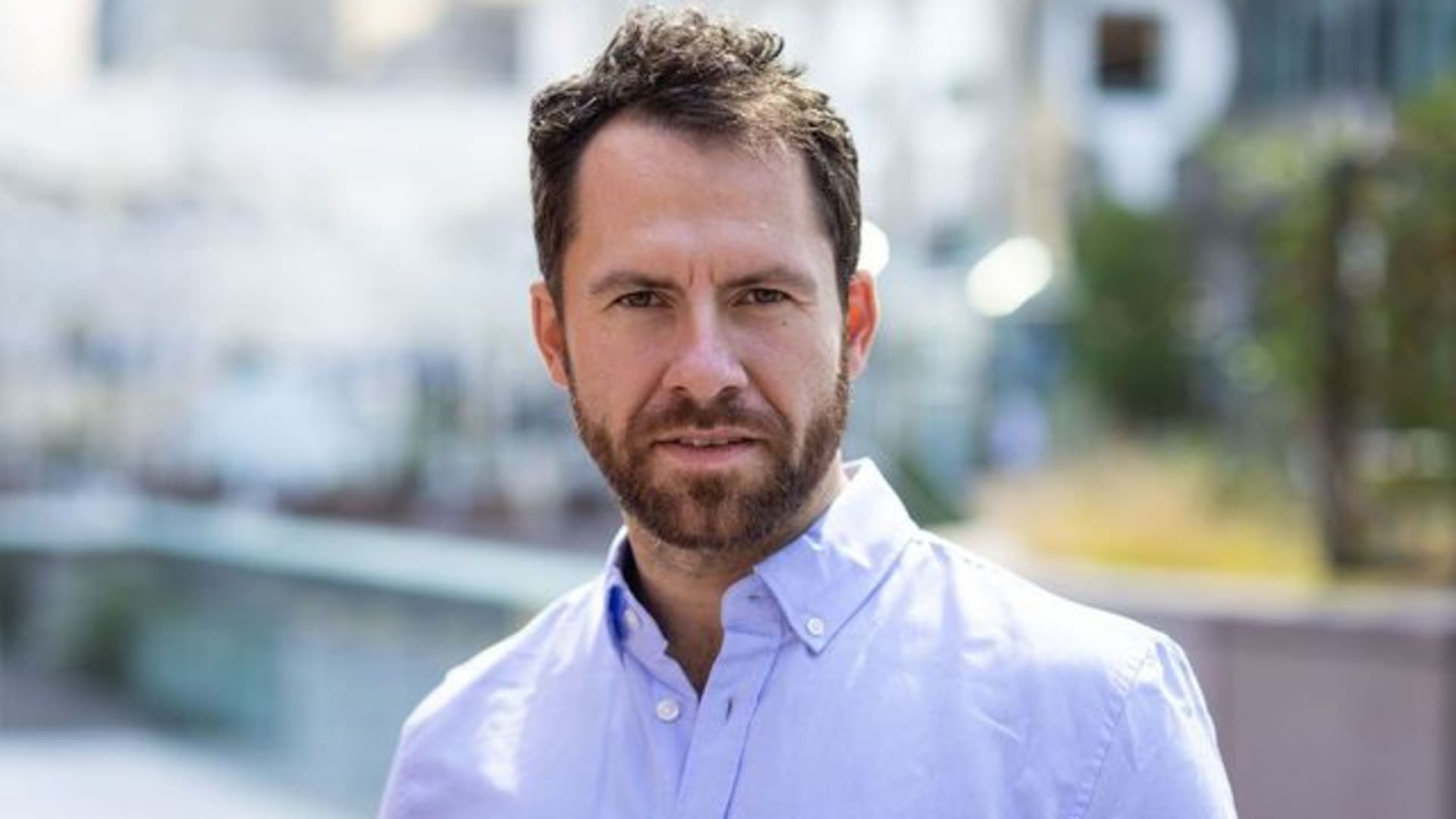
This story is part of the Top of the Game series, where CNBC Make It delves into the habits, routines and mindsets that top athletes use to achieve peak performance and success.
When Dan Cates first started playing poker as a teenager in Bowie, Maryland, he quickly racked up thousands of dollars in debt.
Today, the 32-year-old — known at the poker table as “Jungleman” — is a world-class player with more than $11.6 million in lifetime winnings. But 15 years ago, he was a teenager in over his head.
“I found some people in the local neighborhood, but they were much better than me and I lost $3,000 when I was 17, which was most of my money,” Cates tells CNBC Make It. “So my parents locked my account. And I had to get a day job at McDonald’s for a month to make some money.”
Cates says he made roughly $1,000 in a month in that job, which he used to bankroll his burgeoning poker habit. He tried taking it slowly, playing lower stakes games online and studying his opponents’ best tactics and strategies.
Over the next couple of years, he learned a variety of crucial skills — including how to read his opponents and not let a losing streak throw off his game.
By age 19, Cates amassed more than $1 million in poker winnings, mostly playing online, he says. He became so “obsessed” with poker that it was hindering his study of economics at the University of Maryland, so he dropped out to play poker full-time.
He promptly lost about $600,000 of that $1 million “almost immediately,” he says. Still, he stayed committed. More than a decade later, in June 2022, Cates won his second consecutive Poker Players Championship title at the 2022 World Series of Poker in Las Vegas, taking seven-figure hauls from his opponents both times.
Here, Cates discusses the mindset he needed to become a world-class poker player, the importance of being able to read people and how he stays mentally tough even when he’s losing big.
The mindset Cates used to become great at poker
The growth mindset is important: to be open to the possibility that there are other ways of doing things.
As a child, I was very arrogant. I knew I was smart by quite a young age. I had good grades and I didn’t really have to work that hard. But when I started playing video games, I remember thinking, “Well, maybe I’m not that smart, because people are crushing me.”
Then, I’d see other things that people were doing and I’d learn from them. I learned a lot. And I realized, “Wait, this mindset of being arrogant not only pisses people off, but it closes me off to possibilities that can be even better than what I know.”
Now, I beat these people who are arrogant — like, always — in poker. Many, many [of my opponents] thought I was such an idiot. And they always got crushed. The more that they thought I was an idiot, usually the harder they got crushed.
The worst situation possible is if you think that, for sure, you’re better than someone — and you’re not. This is exactly how you lose a lot of money.
How to stay mentally tough, even when you’re losing
Losing by itself isn’t really a reason to quit. It’s more about how determined you are to actually win, how willing you are to change.
It’s certainly easy to be discouraged. There were many times, even in my biggest winning years, where I just had all of these nightmare sessions of playing all night and losing. A consistent lesson of mine was that, even when it appeared like there was no hope — when I thought, “Oh, I’ll never win again, I lost 12 times in a row” — it never was true.
It’s really tempting to fall into that mindset of despair. But I’ve essentially found ways to put my eggs in other baskets, which is a complicated process for everyone.
The simple answer would be to find meaningful friendships. Have hobbies. Basically, don’t put your whole life where all of your emotions are hinged on this one thing. If that one thing is volatile, then your emotional state will vary a lot.
You also don’t want to let winning too much affect you negatively. It’s easy to think, “Oh, I’m just always going to win.” It’s not how it works.
Why reading people is the biggest skill you need in poker (and in life)
I think it’s the ability to find the truth, to recognize what is truth and what is falsehood. You need that in combination with something else: the ability to take action on it.
In poker, you need to be able to read your opponent and respond appropriately. I find that the real-life equivalent to this would be something like: “Watch their actions, not their words.” When you’re looking at someone’s face, they’re going to try to hide their emotions really well. It’s when they don’t know you’re looking, that’s where you should be looking.
You want to look more at how they move the chips into the middle, you want to look at their overall psychology in the situation, things that they’re not really aware of. Like, they’re sweating really hard, because the money really means something to them.
If someone’s looking hard enough, similar to in real life, the truth will eventually be revealed. Because if you look hard enough at someone’s story, if they lack integrity, then it’s going to show somewhere.
This interview has been edited for length and clarity.
Sign up now: Get smarter about your money and career with our weekly newsletter
Don’t miss more from Top of the Game:
